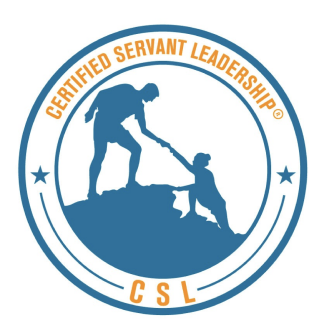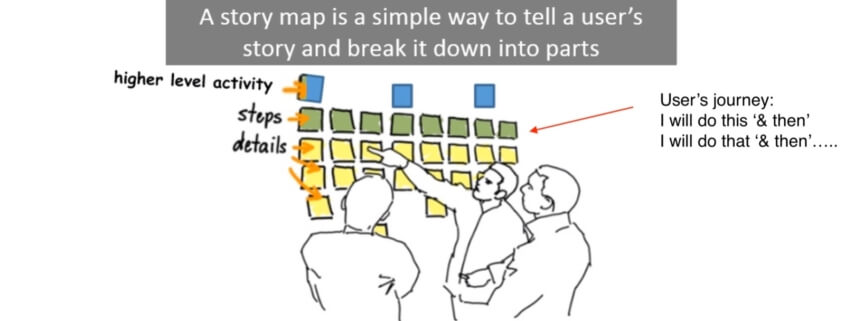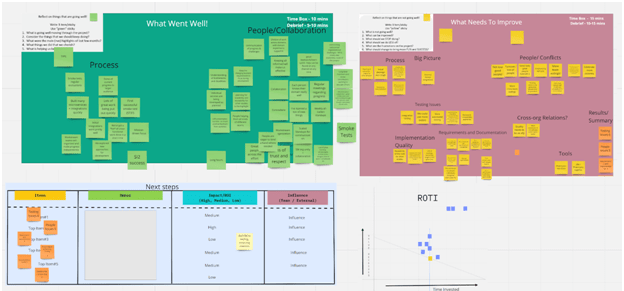
Scrum Master VS an Agile Coach
The reason for Agile Coach role being so much in demand is that, the growth of Agile and Scrum has been exponential in the last 7-10 years. The Scrum Master being such an important role could not grow with the same speed. As a result, the Project Managers, Program Managers, the TPMs, Team Managers and even the Developers stepped up as Scrum Masters for their teams. Lack of proper understanding of the Scrum Master role, especially the Servant leadership aspect, has resulted in ineffective Agile and Scrum implementation. Some symptoms of this ineffectiveness are: teams do not finish their work, they do not understand the meaning of commitment, deeper understanding of roles and responsibilities is not clear, self-organization is lacking, command and control and finger pointing are at play. This tends to push the team more into so much of doing rather than being Agile This is the reason why Agile coaching has become very popular. However, do all the Agile Coaches serve the way they are expected to? Or fulfill that expectation as well? No. Not at all. The People who succeeded with Agile and Scrum, are the ones who worked hard at Servant Leadership, Soft Skills, Professional Coaching Skills, deeper understanding of Agile Values and Principles. They patiently worked to help bring up highly effective, happy, cross-functional, self-organizing and empowered teams. These are the people who having worked as Scrum Masters for years stepped-up into the role of an Agile Coach, helping enable more and more people to understand how to play the Scrum Master role effectively. However, just like in the case of inexperienced Scrum Masters, many people have taken to Agile Coaching without gaining enough experience in Agile, Scrum and the Scrum Master role. They haven’t succeeded in creating greatness in teams but stepped up into the role of an Agile Coach and struggled to deliver as expected. This has brought a lot of confusion and reduced credibility for the Agile Coach role which has no clearly defined standards as in professional coaching. Let’s review the similarities and differences between Scrum Masters and Agile Coaches. To be successful in the role of an Agile Coach or a Scrum Master calls for Servant leadership, deep expertise in Scrum and Agile Values and Principles, a lot of passion for serving, and years of experience working with people and teams. Such people thrive among conflicts, have strong communication skills, are able to positively influence without getting impacted by the (negative) environment, build relationships with stakeholders, are innovative and creative on different ways of applying Agile – Scrum, Kanban, etc., (depending on the context) without violating the Agile Values and Principles. They are the overseer of the health of Agile and Scrum, catalyst change agents who can bring about change without getting impacted. What makes great Agile Coaches? The Scrum Master should ideally play this role for 3-5 years focusing on and succeeding with, maybe, just 1-2 teams and then may serve as an Agile Coach to enable other teams. This would help them stretch out of their comfort zone by going over and beyond the expectation from their work to create greatness in the wider organization despite having the same time constraints as other Scrum Masters do. Highly respected and sought after Agile Coaches never gave in to pressure and compromised Agile Values and Principles (even while playing the Scrum Master role). They found out ways to work around the system, and they kept a little Bernie Sanders of Agile alive in them. (Scrum Masters: Keep ‘A Little Bernie Sanders of Agile in your Heart) 3. The best of the Agile Coaches are exemplary Servant Leaders. They have Servant Leadership deeply engraved in their hearts. For them success and failure is first and foremost about people, and they are also committed to self-work (self-improvement), self-growth. Meaning, they invest a lot of time in contemplation of wisdom and practices to have high degree of Awareness, a strong sense of Belongingness with people and Charisma. This Charisma is where they have positive influence among the people they work without carrying any personal agenda. Does it mean that only great Agile Coaches have these qualities and not the Scrum Masters? No, not at all. Every once in a while, you will see a Scrum Master who has stepped to this level and sooner rather than later, they will be pulled into coaching multiple teams. A good Agile Coach will not shy away from playing the Scrum Master role when needed. As an Agile Coach serving for many years, I have done the role play and played the Scrum Master role many times to help new/learning Scrum Masters understand the deeper essence of this role. It is only when somebody starts to serve into the role of a Coach (Agile Coach) is where they really start looking in the competencies of Coaching. It is important for Scrum Masters who are passionate about their role that they invest some time learning the competencies of Professional Coaching. Example, Creating Trust and Intimacy, Asking Powerful Questions, Active Listening, Managing Progress and Accountability, etc. They need to work on understanding the importance of meeting the client where the client is, rather than wanting or pulling the client to where they think the client should be. These are some of the things that good Scrum Masters can highly benefit from learning. As a matter of fact, these skills are not only limited to Scrum Masters. Anyone who shows maturity in these skills can benefit in whatever role they are playing because these skills uplift the Human Values. Conclusion: There is no shortcut to success, and the same applies to playing the roles of a Scrum Master or an Agile Coach. Working hard at the foundations of Agile and Scrum, Servant Leadership, Professional Coaching, People Skills and Spending years together genuinely working on creating greatness in People and Teams will help you succeed in becoming an exemplary Scrum Master or an Agile Coach. Amitabh Sinha is a






























